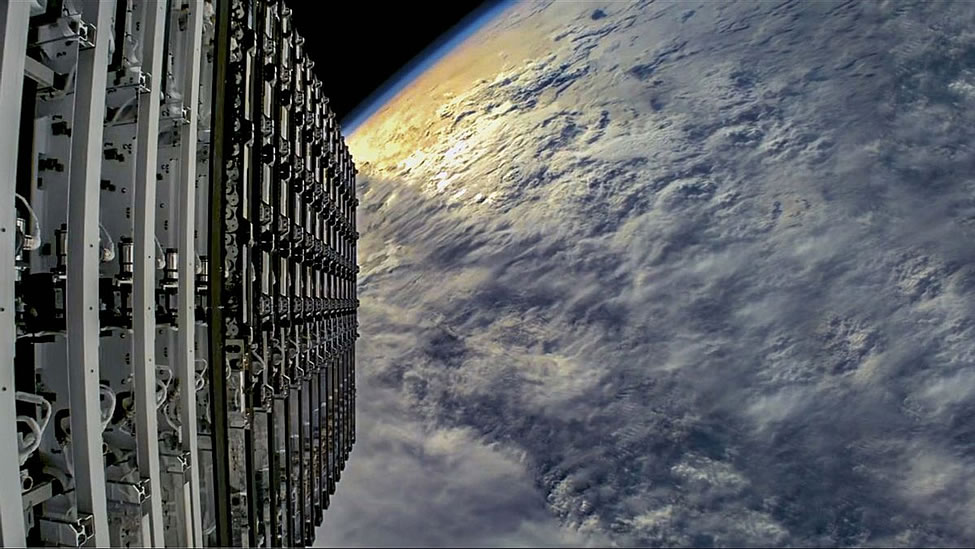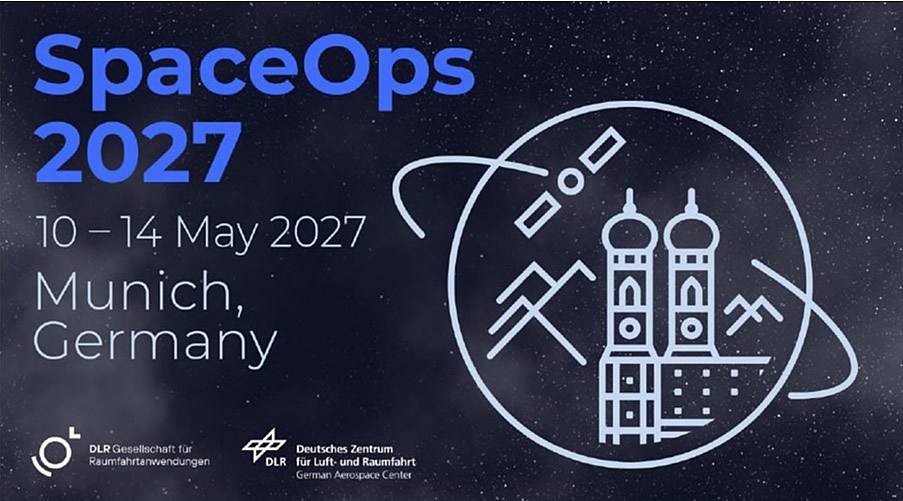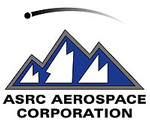|
|
| |

| Space X successfully increases Starlink constellation capacity in 2024 |
|
| From the Editor-in-Chief |
Dear Readers,
The communication network architecture involves thousands of small satellites, ground stations for interface, communication links between satellites and ground stations, routing and protocols for efficient data transmission, and network management for reliability. The Starlink satellite constellation is a vast network of satellites deployed by SpaceX to provide global broadband internet coverage. As of March 2023, 299 Starlink V1 (first generation) satellites re-entered the Earth’s ionosphere at a mass of approximately 300 kg each. Since the beginning of the space industry, approximately 20,000 tons of material have been demolished during reentry, meaning a similar amount may remain as plasma dust. The Starlink V2 satellite constellation (just one of many planned mega-constellations) intends to have 42,000 satellites, each the mass of a SUV, truck, or large car (1250+ kg). Each satellite has a planned lifetime of only 5 years (if successful and many satellites are failing sooner), Thus to maintain the mega-constellation, 23 satellites per day will complete a re-entry burn in the upper atmosphere. This is approximately 26,308 kilograms (29 tons) of satellite re-entry material every day, just for the Starlink mega-constellation. Readers, while we enjoy the capabilities Starlink constellations, a pressing question presents “At what cost?” Herein this quarterly, the Editor explores the answer and encourages K-12 students reflect on how such costs impact their daily lives.
Sincerely,
Ronald H. Freeman, PhD
Editor-in-Chief
|
Journal of Space Operations & Communicator, a quarterly online publication, serves as a forum for those involved in the space operations field to communicate with one another, share ideas and information that improve the way operations are carried out in space. The Journal is a crossdisciplinary scholarly publication designed to advance space communication as a profession and as an academic discipline. The Journal is distributed electronically without charge to users on a global basis. JSOC contains peer-reviewed articles, comments and case notes written by leading scientists, professors, and practitioners in their respective fields of aerospace expertise. The editorial board seeks articles that demonstrate exemplary academic research of emerging trends in space technology and space operations fields.
|
|
|
 |
Industrial Day Event June 2026
SpaceOps will host its first Industry Day event following the
Committee at Large meeting in Munich
at the
DLR campus in Oberpfaffenhofen in June 2026
Date: June 22, 2026
Contact: cinzia.cossu@esa.int
|
2026 SpaceOps Workshop
Dubai, United Arab Emirates — 21st– 23rd April 2026
The Mohammed Bin Rashid Space Centre (MBRSC) will host the SpaceOps Workshop 2026 in the vibrant city of Dubai, United Arab Emirates, from 21st April to Thursday, 23rd April 2026.
More information
|

For further information: https://spaceops2027.org/
|
"Inspiring Humankind's Future"
|
|
|
Mars Colonization
Investing in space is a deeply human trait, a natural curiosity about everything beyond our horizon. I find it quite contradictory that people like Elon Musk rave about populating Mars with a million Earthlings, essentially colonizing it, because our planet might be doomed – that's obscene. We should be keeping our planet healthy, not wasting ludicrous effort trying to make a hostile, uninhabitable planet habitable.
— Werner Herzog, Director, Producer, Actor, Author;
Spiegel-Interview 2/2026
|
|
The "Journal" solicits papers and technical articles on all relevant matters of space operations for online publication. On request the "Journal's" international Peer Review team will review your paper according to AIAA standards. Please contact: Joachim J. Kehr, Editor SpaceOps News joachimkehr@aol.com or use the Communicator submission template |
| |
Founding Sponsor
ASRC Aerospace Corporation |
Platinum Sponsor
GMV SpaceOps Conference 2023 |
 |
 |
|
A range of unique sponsorship opportunities are
available to corporations, both at the subscriber level as well as a
limited number of Founding Sponsor openings that will give your
organization a strong association with the premier journal for space
operations. A partnership with us can deliver your business objectives,
strengthen corporate image and provide excellent marketing and PR
opportunities. Read more...
|



